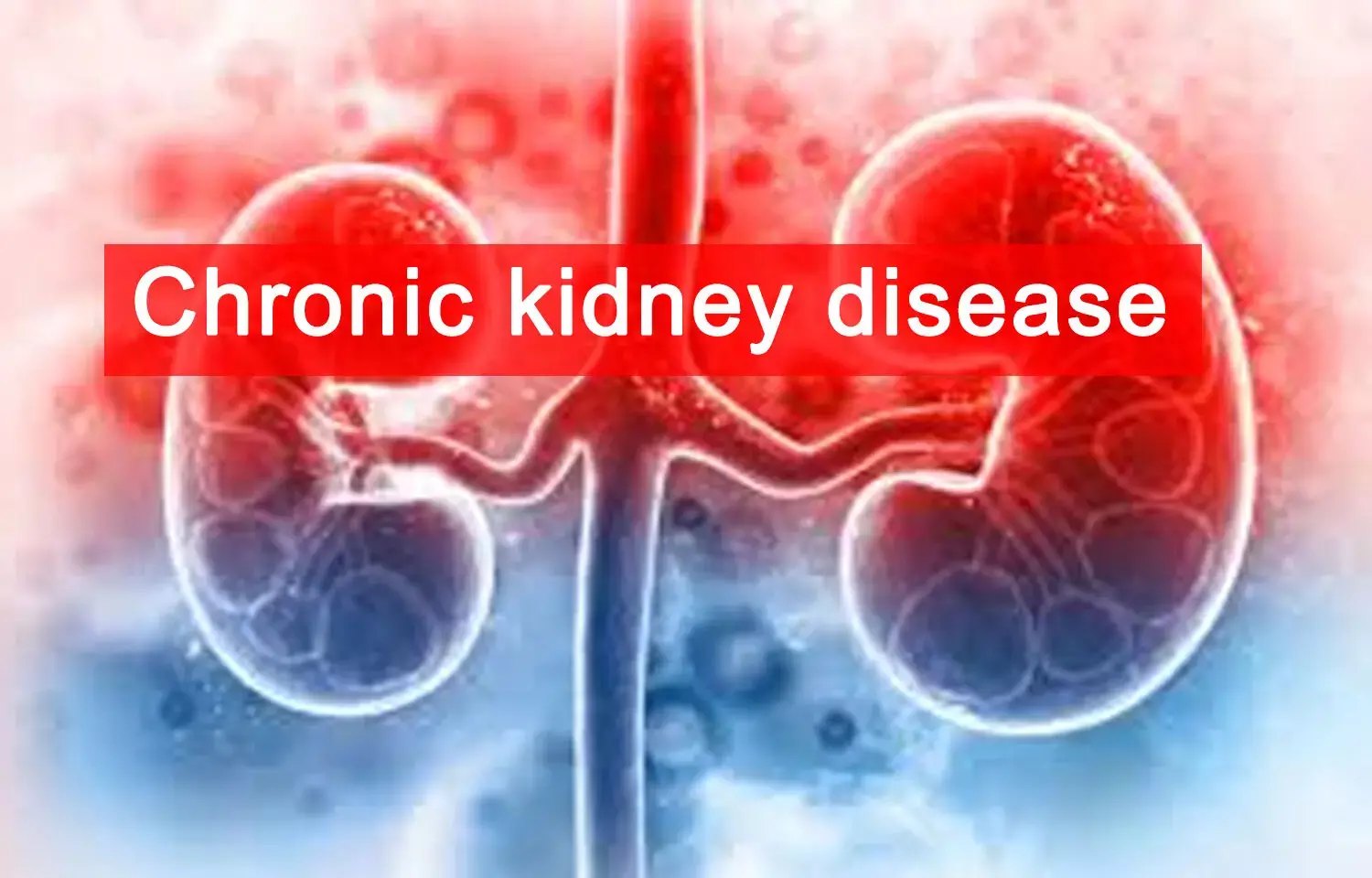- Home
- Medical news & Guidelines
- Anesthesiology
- Cardiology and CTVS
- Critical Care
- Dentistry
- Dermatology
- Diabetes and Endocrinology
- ENT
- Gastroenterology
- Medicine
- Nephrology
- Neurology
- Obstretics-Gynaecology
- Oncology
- Ophthalmology
- Orthopaedics
- Pediatrics-Neonatology
- Psychiatry
- Pulmonology
- Radiology
- Surgery
- Urology
- Laboratory Medicine
- Diet
- Nursing
- Paramedical
- Physiotherapy
- Health news
- Fact Check
- Bone Health Fact Check
- Brain Health Fact Check
- Cancer Related Fact Check
- Child Care Fact Check
- Dental and oral health fact check
- Diabetes and metabolic health fact check
- Diet and Nutrition Fact Check
- Eye and ENT Care Fact Check
- Fitness fact check
- Gut health fact check
- Heart health fact check
- Kidney health fact check
- Medical education fact check
- Men's health fact check
- Respiratory fact check
- Skin and hair care fact check
- Vaccine and Immunization fact check
- Women's health fact check
- AYUSH
- State News
- Andaman and Nicobar Islands
- Andhra Pradesh
- Arunachal Pradesh
- Assam
- Bihar
- Chandigarh
- Chattisgarh
- Dadra and Nagar Haveli
- Daman and Diu
- Delhi
- Goa
- Gujarat
- Haryana
- Himachal Pradesh
- Jammu & Kashmir
- Jharkhand
- Karnataka
- Kerala
- Ladakh
- Lakshadweep
- Madhya Pradesh
- Maharashtra
- Manipur
- Meghalaya
- Mizoram
- Nagaland
- Odisha
- Puducherry
- Punjab
- Rajasthan
- Sikkim
- Tamil Nadu
- Telangana
- Tripura
- Uttar Pradesh
- Uttrakhand
- West Bengal
- Medical Education
- Industry
Dapagliflozin reduces albuminuria in CKD patients with or without diabetes: Lancet study

USA: A prespecified analysis from the DAPA-CKD trial has found that the SGLT2 inhibitor dapagliflozin significantly reduces albuminuria in patients with chronic kidney disease (CKD) with and without type 2 diabetes (T2D). However, a larger relative reduction was observed in patients with type 2 diabetes. The study results are published in the journal The Lancet Diabetes and Endocrinology.
"Dapagliflozin imposed similar effects on clinical outcomes in patients with or without T2D but different effects on the urinary albumin-to-creatinine ratio (UACR)," wrote Niels Jongs, University of Groningen, University Medical Centre Groningen, Groningen, Netherlands, and colleagues. "This suggests that part of the protective effect of dapagliflozin in CKD patients might be medicated through pathways unrelated to albuminuria reduction."
Previous studies have shown albuminuria to be associated with a lower risk of kidney failure in CKD patients. Dapagliflozin is known to significantly reduce albuminuria in patients with type 2 diabetes and normal or near-normal kidney function. However, it is not known whether this effect persists in patients with CKD with and without T2D. To fill this knowledge gap, Dr. Jongs, and the team the effects of dapagliflozin on albuminuria in patients with chronic kidney disease with and without type 2 diabetes in the dapagliflozin and prevention of adverse outcomes in chronic kidney disease (DAPA-CKD) trial.
DAPA-CKD was a multicentre, double-blind, placebo-controlled, randomized trial done performed at 386 sites in 21 countries. It included 4304 patients having chronic kidney disease, defined as an estimated glomerular filtration rate (eGFR) between 25 mL/min per 1·73 m2 and 75 mL/min per 1·73 m2 and a urinary albumin-to-creatinine ratio (UACR) between 200 mg/g and 5000 mg/g (22·6 to 565·6 mg/mmol). They were randomly assigned in the ratio of 1:1 to receive dapagliflozin 10 mg (AstraZeneca; Gothenburg, Sweden) (n= 2152) or once daily or a matching placebo (n=2152).
Change in albuminuria was a pre-specified exploratory outcome of DAPA-CKD. Regression in the UACR stage, defined as a transition from macroalbuminuria (≥300 mg/g) to microalbuminuria or normoalbuminuria (<300 mg/g), and progression in the UACR stage, defined as a transition from less than 3000 mg/g to 3000 mg/g or greater, were additional discrete endpoints.
Key findings include:
- Compared with placebo, dapagliflozin reduced geometric mean UACR by 29·3%; relative to placebo, treatment with dapagliflozin resulted in a geometric mean percentage change of −35·1% in patients with type 2 diabetes and −14·8% in patients without type 2 diabetes over the follow-up visits.
- Among 3860 patients with UACR of 300 mg/g or greater at baseline, dapagliflozin increased the likelihood of regression in UACR stage (hazard ratio 1·81).
- Among 3820 patients with UACR less than 3000 mg/g at baseline, dapagliflozin decreased the risk of progression in UACR stage (0·41, 0·32 to 0·52).
- Larger reductions in UACR at day 14 during dapagliflozin treatment were significantly associated with attenuated eGFR decline during subsequent follow-up (β per log unit UACR change –3·06).
The researchers concluded, "the findings suggest that part of the protective effect of dapagliflozin in patients with chronic kidney disease might be mediated through pathways unrelated to reduction in albuminuria."
Reference:
The study titled, "Effect of dapagliflozin on urinary albumin excretion in patients with chronic kidney disease with and without type 2 diabetes: a prespecified analysis from the DAPA-CKD trial," is published in the journal The Lancet Diabetes and Endocrinology.
DOI: https://www.thelancet.com/journals/landia/article/PIIS2213-8587(21)00243-6/fulltext
Dr Kamal Kant Kohli-MBBS, DTCD- a chest specialist with more than 30 years of practice and a flair for writing clinical articles, Dr Kamal Kant Kohli joined Medical Dialogues as a Chief Editor of Medical News. Besides writing articles, as an editor, he proofreads and verifies all the medical content published on Medical Dialogues including those coming from journals, studies,medical conferences,guidelines etc. Email: drkohli@medicaldialogues.in. Contact no. 011-43720751


